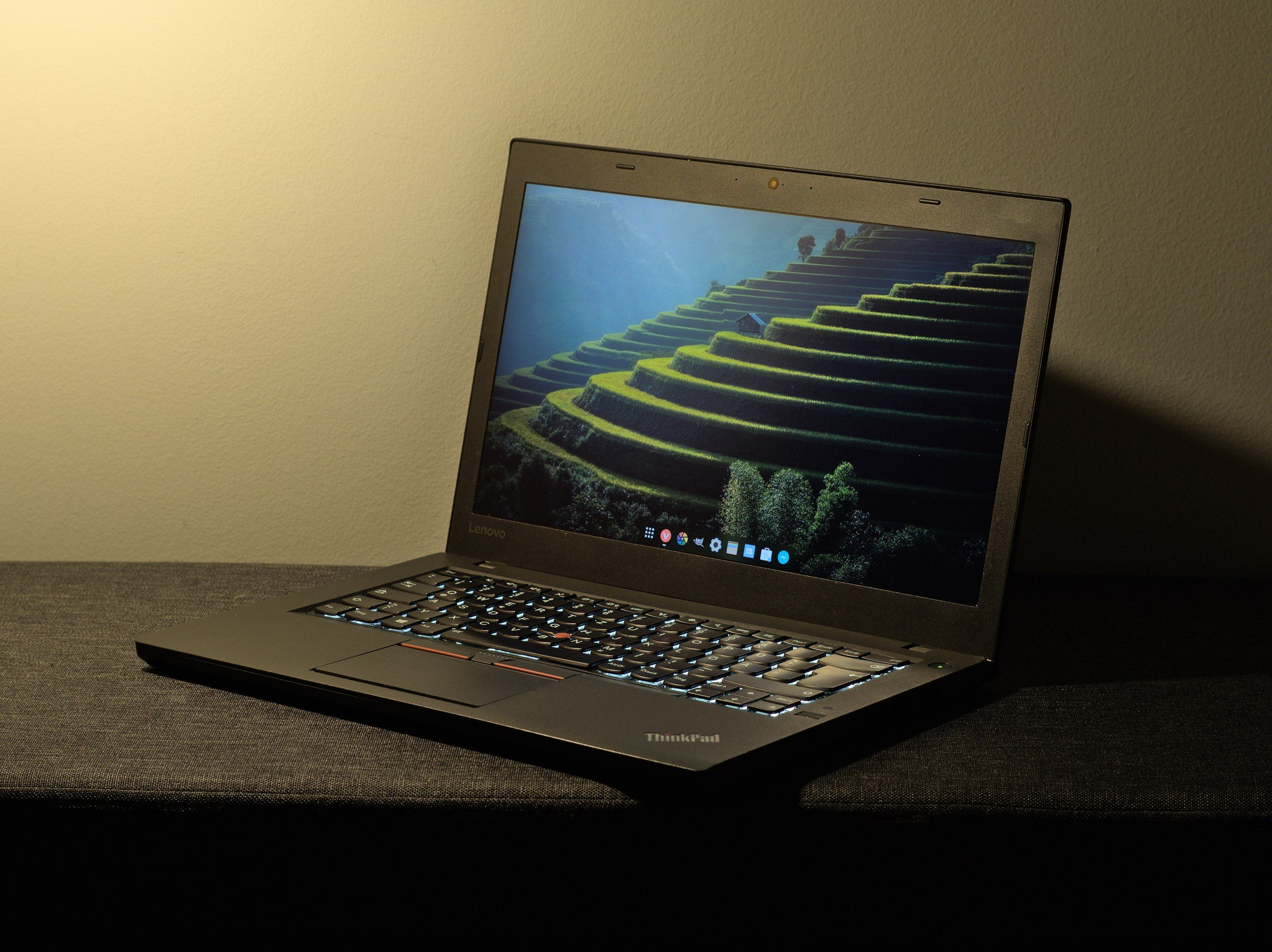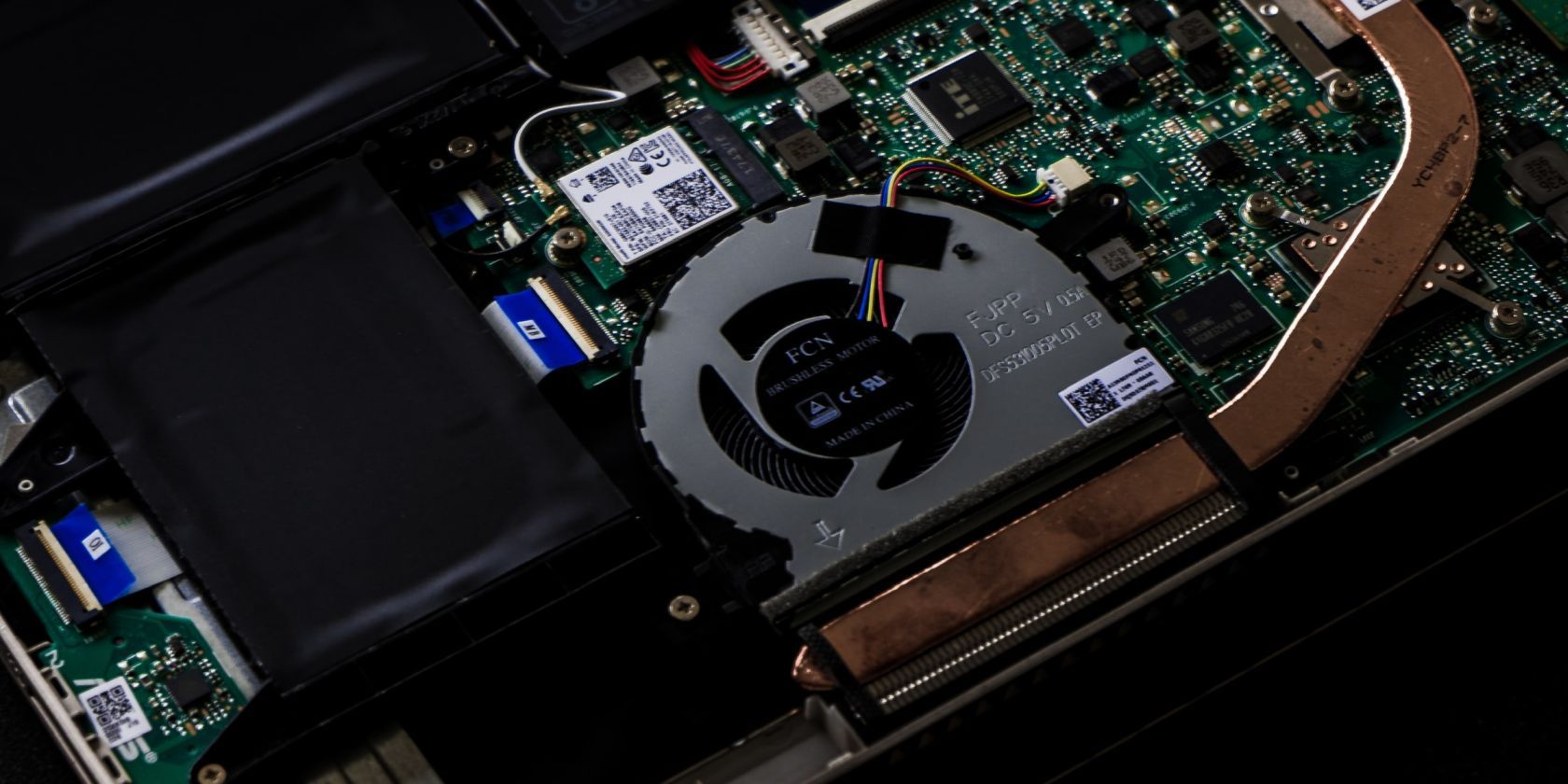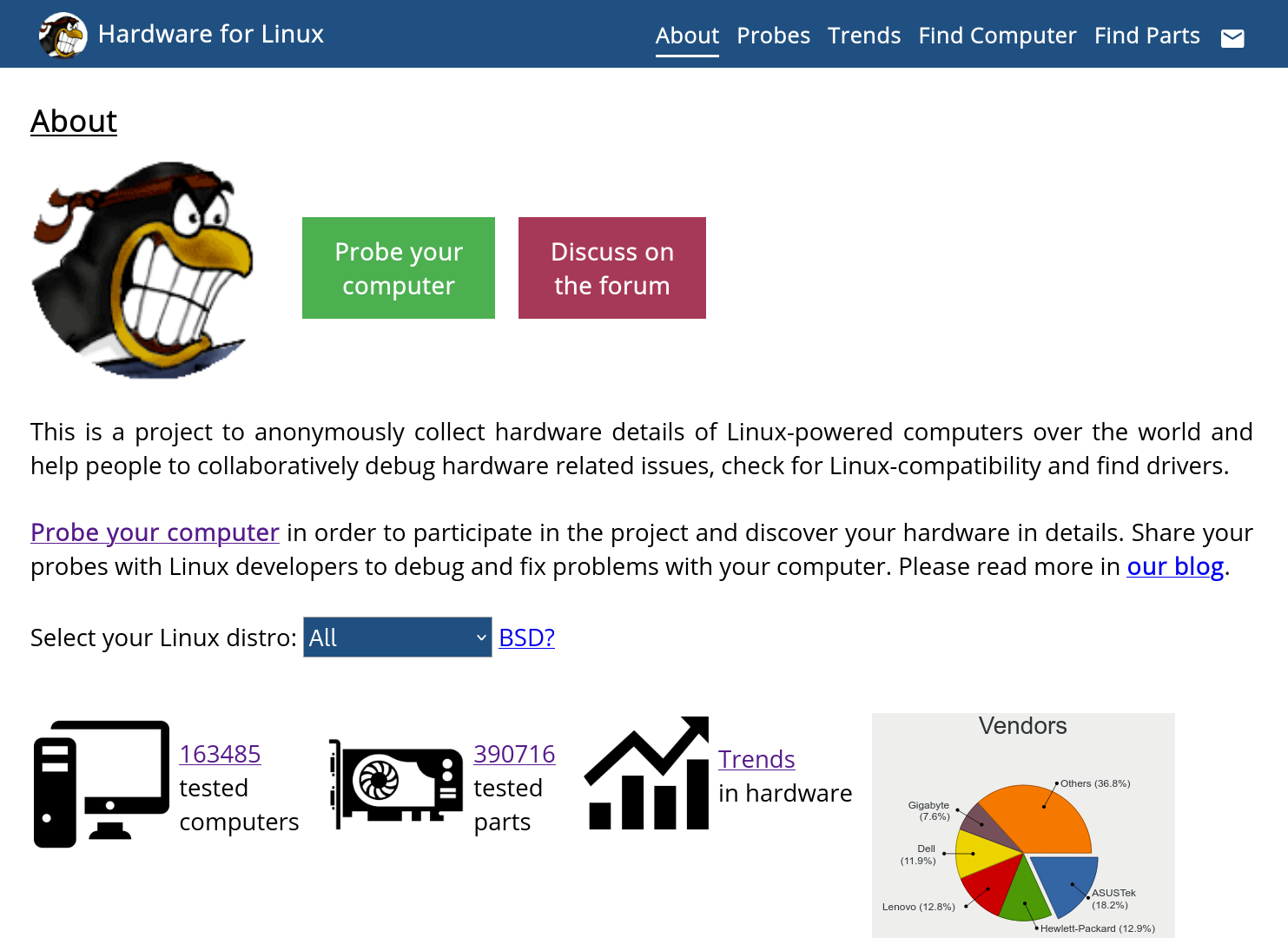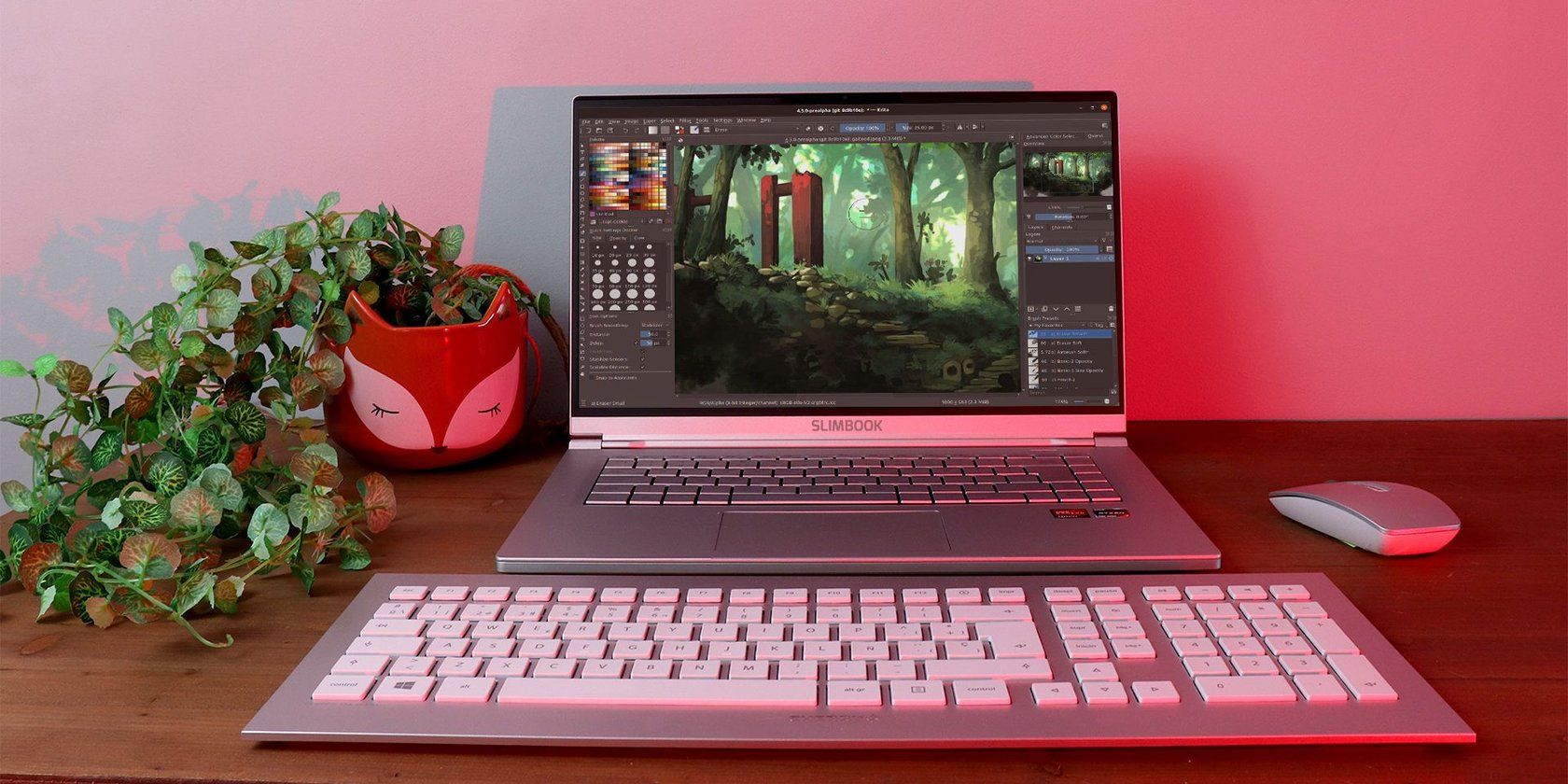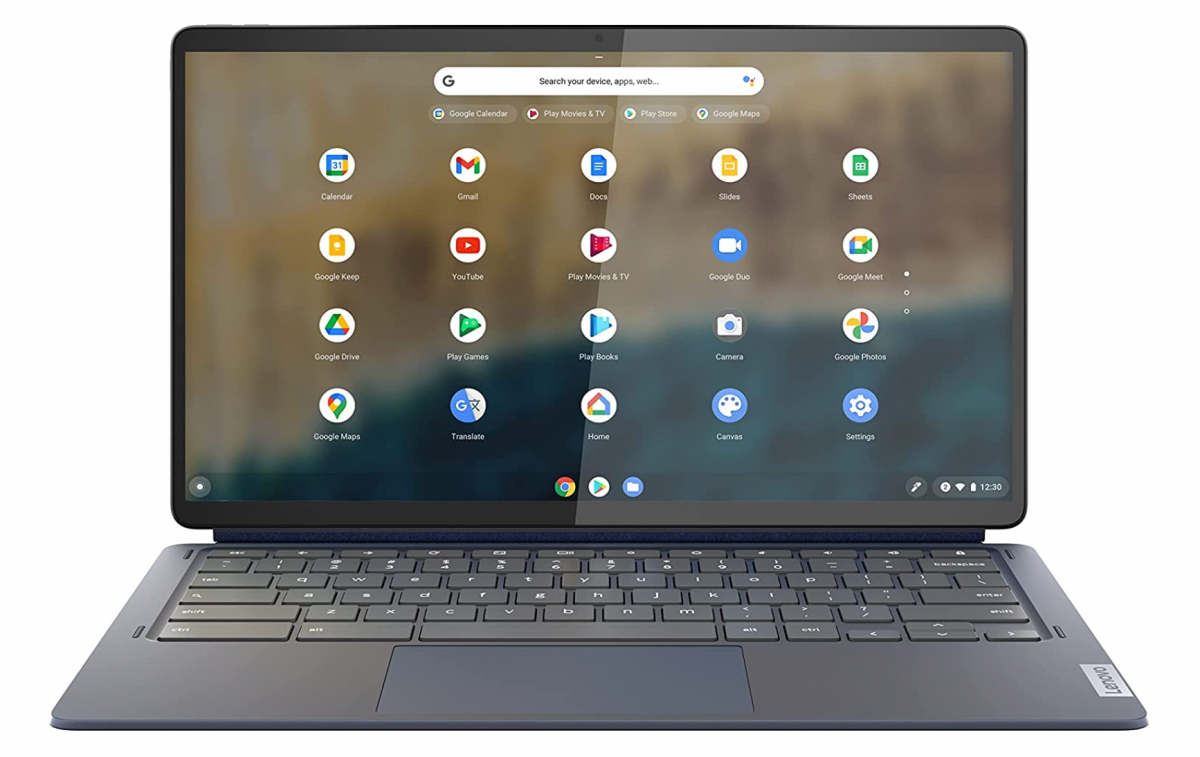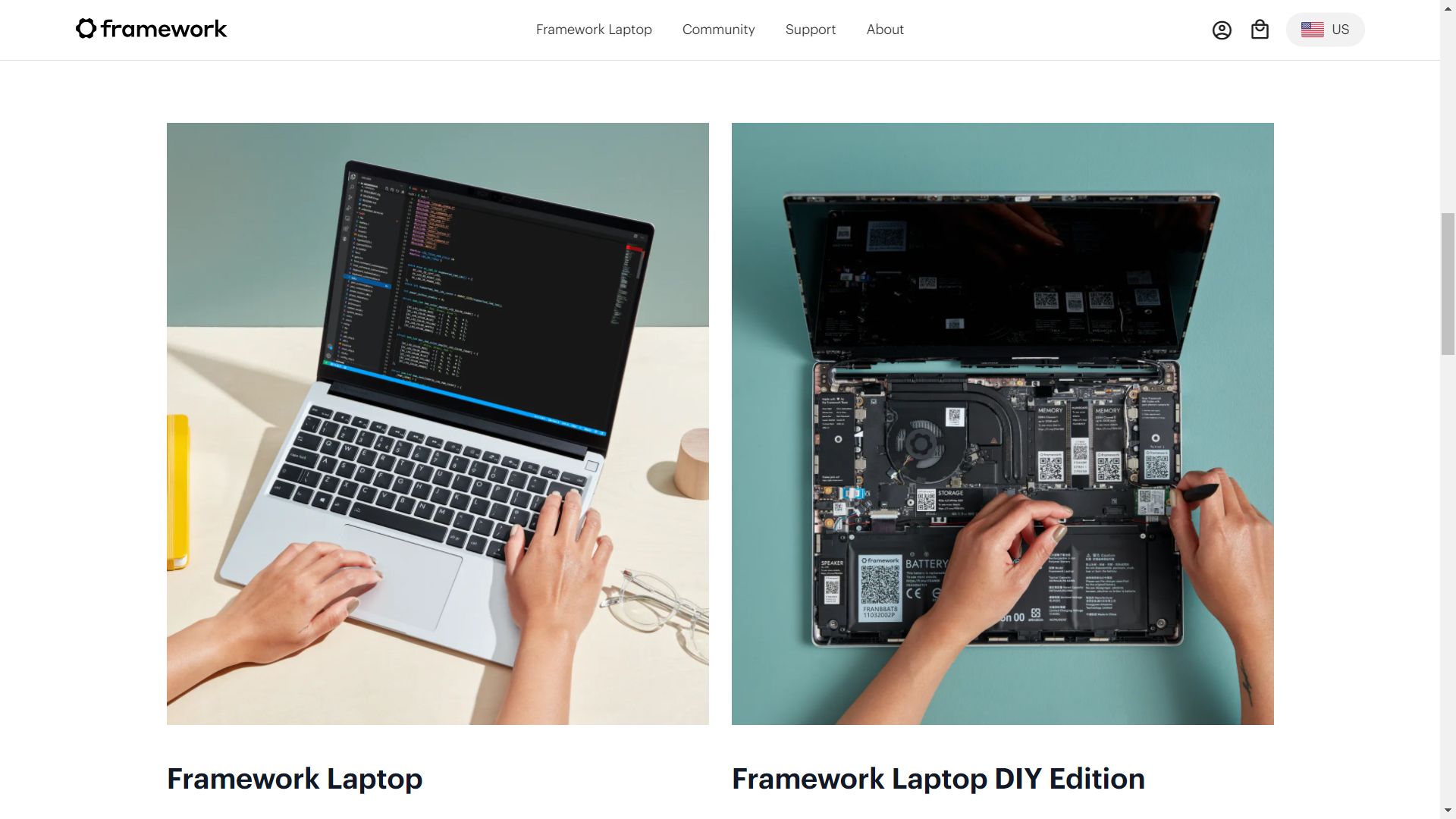The choice of laptop operating systems can no longer be boiled down to Windows vs. macOS. Linux is growing into a major player in the laptop space and today, there are more laptops than ever that work with Linux. There are even companies that make laptops designed to be Linux exclusives.
With this new wealth of options, how can you choose the best laptop to install Linux?
Things to Look for in Any Laptop for Installing Linux
With Linux, you'll be spoiled for choice with computers. This wealth of choice is all thanks to the Linux kernel. The kernel, which serves as the bridge between software and hardware, is loaded with drivers for all sorts of hardware.
The kernel generally maintains support for hardware components made since Linux's release in 1991. This means that the older the laptop you choose, the higher its chances of working with Linux out of the box.
If you do want to install Linux on any old laptop, then you might want to look into lighter Linux distributions. A lightweight Linux setup will give you a good-as-new experience on any old laptop.
Choosing a newer laptop for installing Linux can be more challenging. The kernel does get regular compatibility updates. This ensures that Linux works with new hardware components as they come out. But the process of incorporating new hardware drivers into the kernel takes time.
Your best bet on choosing the newest and best laptops to install Linux is to wait about six months after a new laptop's release. After that, your new laptop of choice should work with the kernel's latest version.
Whether your laptop of choice is old or new, it's a good idea to test if the machine and its parts play well with Linux. When installing Linux on any machine, an important step before installation is using the live USB Linux environment.
You can use the live environment to check if all the laptop hardware components work with Linux before installation. We've shown how Linux users can check their computer's system details. Linux users can also use Neofetch to take a quick look at their hardware information.
Testing Laptop Hardware Compatibility With Linux
First, you need to take a look at the laptop's graphics card. Graphics cards from Intel and AMD tend to be very compatible with Linux. But the same isn't true for NVIDIA's dedicated graphics cards.
For decades, NVIDIA has refused to release open-source drivers for their graphics cards. But on May 2022, NVIDIA finally released an open-source graphics driver. The release doesn't eradicate NVIDIA's compatibility issues with Linux. But it gives open-source developers a real shot at building solid Linux support for NVIDIA hardware.
Checking if your Wi-Fi and Bluetooth cards work with Linux is also important. Some Wi-Fi cards don't work with Linux right away.
In that case, you might need to upgrade the Linux kernel. An upgraded Linux kernel will have newer Wi-Fi drivers that may work with the laptop's card. Access to an Ethernet cable, a phone for USB data tethering, or a Linux-compatible USB Wi-Fi adapter will come in handy.
You should also test the laptop's input and output devices. The speakers, keyboard, and camera should work on Linux. It's also important to check the HDMI, USB, and any other I/O ports that the laptop may have.
Most standard laptop input and output devices will work out of the box. But those that have problems with Linux most likely have community efforts to get those components working properly.
ASUS Linux, for example, has tools that activate the sound cards, Fn + key combos, and media control buttons for ASUS laptops running Linux.
You can solve most Linux hardware issues with a kernel upgrade, which is a simple task. Linux Mint, for example, is one of many distros with an easy kernel upgrade process.
Linux community developers have also built many drivers to fix hardware issues. You can find most of them on standard Linux software repositories.
Linux Community Hardware Reviews
If you need that extra assurance on that laptop you want, then the Linux community also has your back. The open-source community has databases of Linux-compatible laptops and hardware components.
Ubuntu has Ubuntu Certified, a list of computers that are tested and certified to work with Ubuntu out of the box.
There's also Hardware for Linux, a project that checks for hardware compatibility on Linux computers around the world. It also checks for compatibility solutions like drivers and appropriate kernel upgrades.
Community forums like Reddit's r/linuxhardware are also full of user reviews and Q&As on compatibility. You can also check hardware reviews on the forums of your Linux distro of choice.
Get a Laptop With Linux Pre-Installed
Thanks to the unprecedented growth of the desktop Linux platform, we now have access to a wide range of Linux pre-installed laptops.
Dedicated Linux hardware vendors are at the forefront of bringing Linux to laptops out of the box. Manufacturers like System76, TUXEDO, and Slimbook produce quality Linux laptops. When choosing a laptop from these companies, you can also choose which Linux distro you want pre-installed on the laptop.
Linux Preloaded is a good database to learn more about dedicated Linux hardware vendors.
Major laptop vendors are not far behind in offering laptops with Linux out of the box. HP has its programmer-oriented Dev One. Dell provides XPS 13 buyers the option of an Ubuntu pre-install. Lenovo also offers a Linux pre-installed ThinkPad X1.
Now, you might be asking yourself: why go through the trouble of configuring a regular laptop to work with Linux when you could choose a Linux pre-installed laptop? The answer comes down to costs.
Dedicated Linux-based vendors tend to charge a hefty premium for their machines. Laptops from Linux companies seem to be expensive because they get shipped with high-end hardware. But regular laptops with comparable hardware specs are generally cheaper.
In reality, the extra costs are essential for supporting these Linux companies. Being a dedicated Linux hardware manufacturer means putting faith in open-source software. This is a bold leap, considering that Linux isn't dominating the desktop market.
While these Linux companies are growing, they aren't big enough to go toe-to-toe with major laptop vendors—for now.
If you are on the lookout for a budget Linux laptop, then you may want to give Chromebooks a shot. Chromebooks are simple, built by many laptop vendors, and come with Linux out of the box.
Do note that Chromebooks don't ship with the usual Linux distributions. They instead come with Chrome OS, a heavily modified Linux distro with an emphasis on security and simplicity.
Build a DIY Linux Laptop
If you do want to tailor every aspect of your laptop from the ground up, then you should look into the modular Framework laptop. Framework ensures that major Linux distros will just work on every Framework laptop. Another option is to build a Raspberry Pi laptop, then install a Linux OS on the Raspberry Pi.
Choosing a Laptop for Linux Has Never Been Easier
Laptop users can install Linux on almost any laptop today. They can even get laptops with Linux out of the box! You, too, can choose the best Linux laptop for you. All it takes is a bit of time, effort, and the right Linux distribution.


